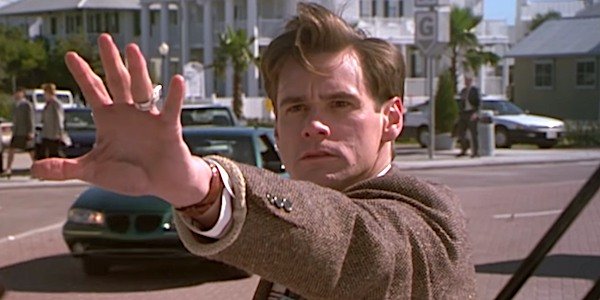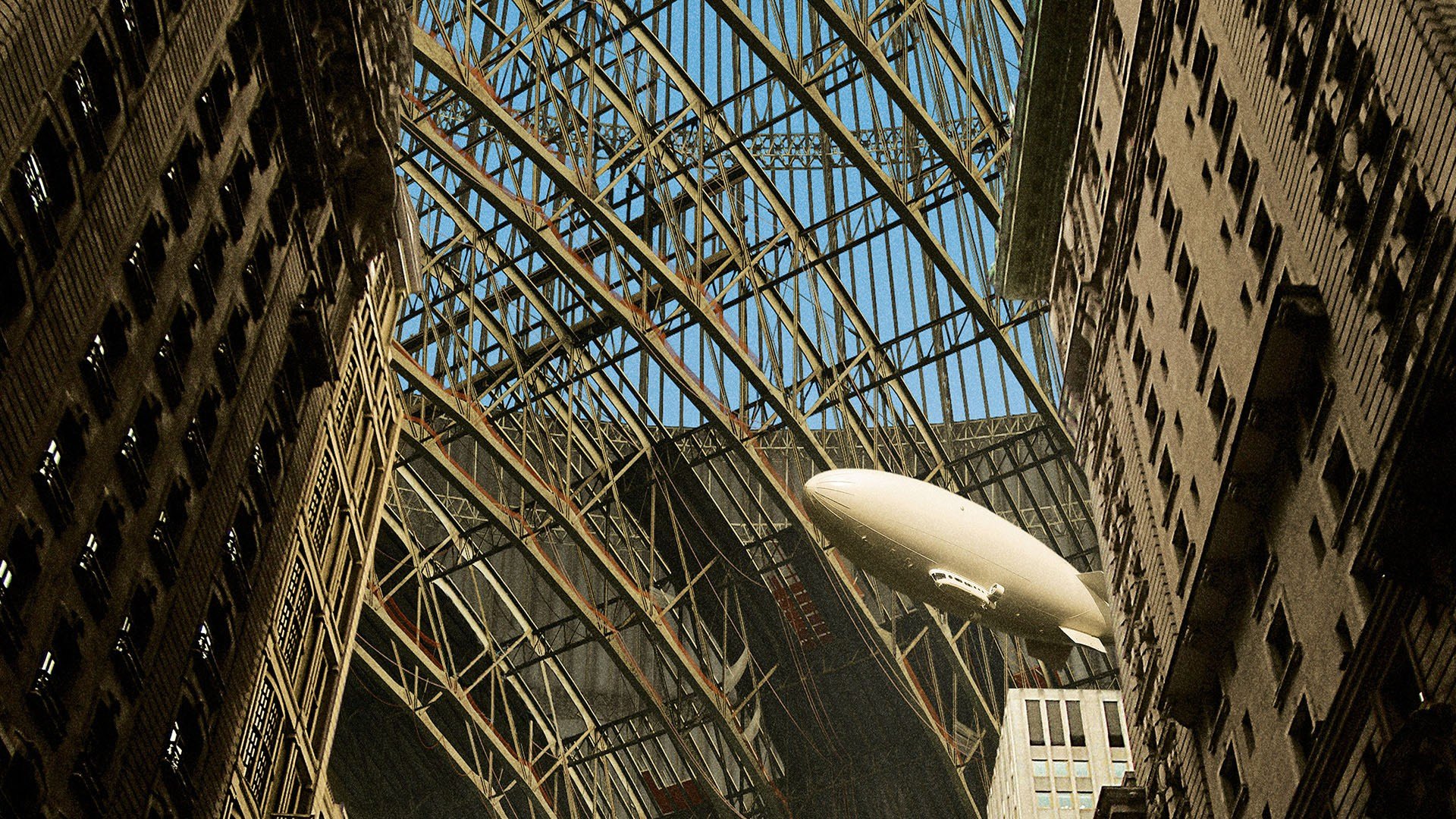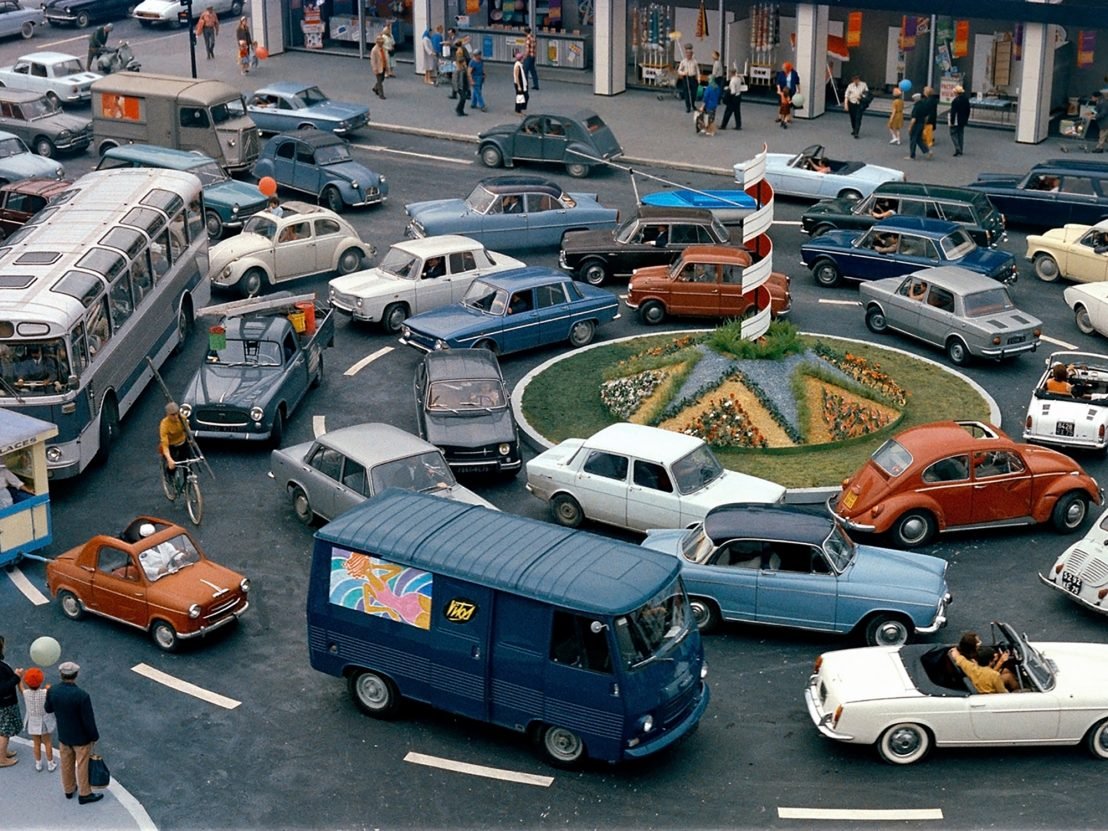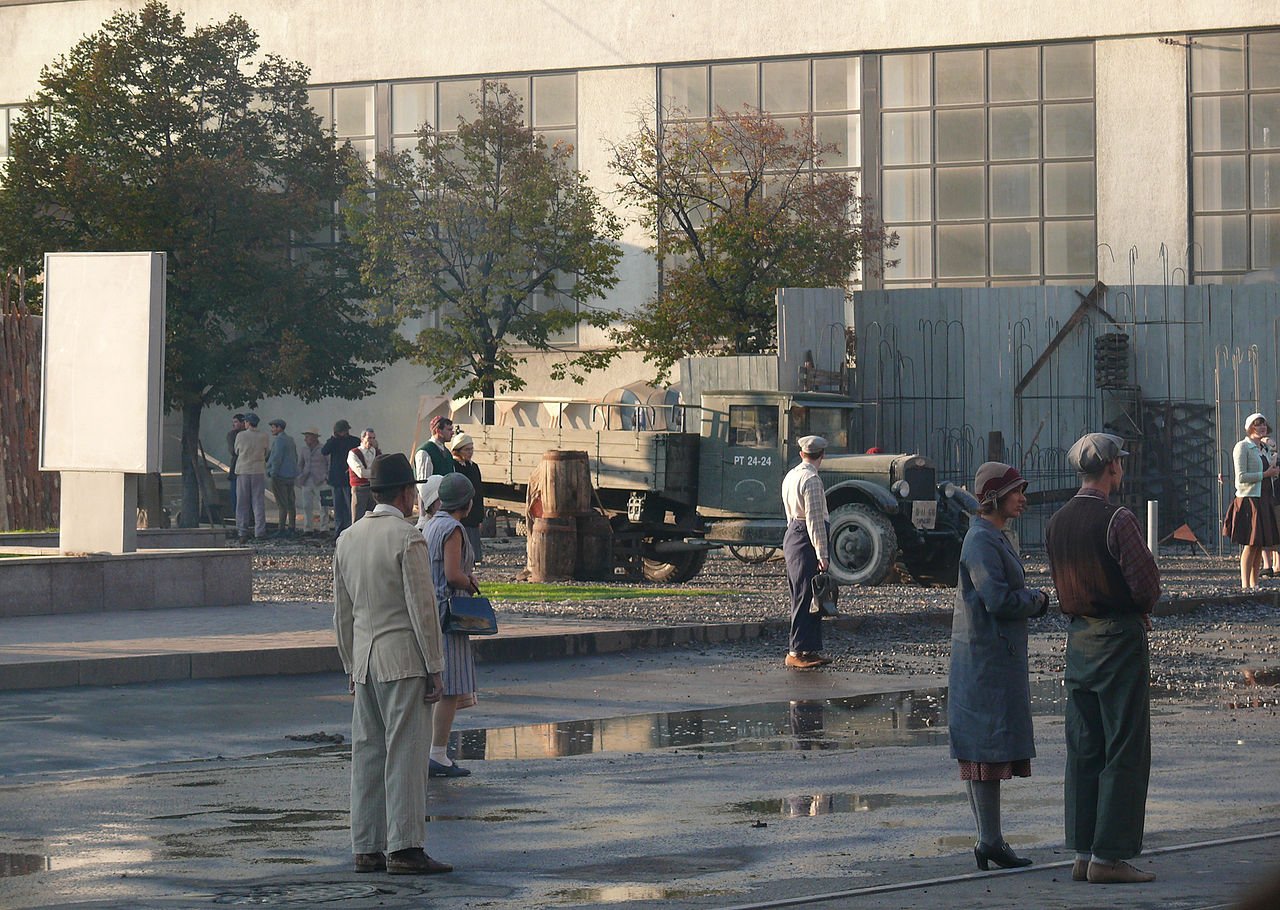Notes on nothing
This is another one of those anthology posts where I realised I’ve started dozens of posts in the last couple of years which never went anywhere and I’m never going to finish (or did finish but weren’t good enough for their own post). Here are some of them.
Sheep are as curious as cats
I love sheep. It’s estimated about 8% of male sheep (known as rams) are homosexual. Sheep have incredible peripheral vision due to their rectangular pupils. Our field of vision is about 155 degrees – sheep have between 270 and 320.
Leonardo da Vinci Vs Orson Welles
They say that if Leonardo da Vinci were alive today, he’d be a film director. And if he were a film director, he’d be someone like Orson Welles. Welles and da Vinci were both geniuses of their time – but both had a problem with getting projects finished.
I always imagine Keanu Reeves
Wearing a beanie hat
Eating noodles on his own
Watching it rain outside.
Random Film Review: Fords on Water
I don’t know what’s wrong with me – I find all streaming services a complete bore (and I’m bored of saying so). Netflix, Prime, Disney, Apple and Now TV, I’ve trialled them all but never felt any need to continue after the free seven days elapses. Maybe I’m just tight. Anyway. Whilst scrolling through the film selection on Now TV I came across Fords on Water, a 1983 British film I hadn’t heard of before.
When I saw it was a road movie, I was intrigued. How many British road movies are there? Half a dozen? Less? Radio On. Restless Natives. Umm. We just don’t have the landscape for it. Yeah, just gonna make an existential, soul-searching Briitsh road movie about someone who shows their rebellion by going to Costa instead of Starbucks on the M25 Services. Yeah!
Fords on Water is pretty interesting.
The burden of being polite
Social media is extreme – it’s either outright abuse and trolling, or the burden of having to heart your partner’s every post on Instagram.
From Playtime to Dau via The Truman Show and Synecdoche, New York
Look at the art of Joseph Cornell: whole worlds in a box. With cinema, animation has to create its own world but live action films, mostly, exist in the real world. Some create their own, for example sci-fi films like Blade Runner or Brazil.
For Playtime, released in 1967, Jacques Tati literally constructed his own Paris, nicknamed Tativille, complete with streets, buildings and working traffic lights which required one hundred construction workers to build. It’s obvious to see this is where the money went: shot on high-resolution 70mm, it’s a world of cold, steely greys and blues, occasionally punctuated by a woman’s red hat or green dress; the film is more about architecture and mise-en-scene than plot or character. Indeed, the whole film is shot in long-shot and mid-shot and there is hardly any dialogue, and what there is is muffled and inaudible (the sound was all added in post-production), creating a disorietating, alienating atmosphere, which is presumably the point of the film. Everything is artificial.
The film took four years to make; sets were damaged by storms. The budget spiralled out of control, forcing Tati to take out personal loans. Considered a masterpiece by critics, it was a box office failure when finally released.
The Truman Show was actually filmed in a real seaside town in Florida, called Seaside. Dau, nicknamed by the Guardian as the ‘Stalinist Truman Show’, is more than a film.
5 Star Vs. 1 Star Amazon Reviews
Like with YouTube comments, I’ve never been compelled to write an Amazon review but I find them amusing to read. There are many people who never write more than ‘arrived promptly’ or ‘present for husband’ or ‘item arrived broken’ – 1 Star. These can infuriate serious reviewers and readers who – probably rightly so – want to read proper, useful reviews about the actual product and not of the postal service.
Most of the time, with any product review, whether book, album or food mixer, I’m sceptical of any 5 Star review.
If it’s an album, they’ll be fans of the band who will love it no matter what it sounds like, and give it 5 stars. Just to upset the apple cart, they’ll be some trolls giving it 1 star – which I don't really mind (nothing wrong with a bit of balance). But generally if it’s an item I have no vested interest in, and looking for an objective review, I will usually believe the few 1 star review instead of the hoards of 5 star reviews.
Tangled up in Blue Velvet
I’d never watched or even heard of the TV series Billions until recently [actually 2020] – and only because the mention of Bob Dylan and David Lynch in the same sentence pricked up my ears (though not enough to actually watch the programme). If my fantasy of a collab between Dylan and Lynch will never be fulfilled, this could be the closest I’ll get to it. Funnily enough, it’s not for what either one is famous for. The show features paintings by Dylan and Lynch. Now all it needs is for Lynch to direct an episode and Dylan provide the soundtrack. Stranger things have probably happened. Probably.
Past Presents
Whether it’s for family or friends, I find it hard buying birthday and Christmas presents. I never go for the easy, generic gift such as an electric toothbrush (‘give the gift of oral hygiene’) or an Alexa, but tend to think long and hard about it, visiting a wide range of shops, from antique shops and charity shops (where I try to buy most of my presents) to find something unique.
What’s doubly annoying is having to buy presents for people who are impossible to buy for and not being able to buy presents for people I’ve lost touch with – say ex-girlfriends or old friends – who are easy to buy for. Like, I see perfect presents for these people without even looking, but it would be inappropriate/pointless buying the gifts for them.
Top ten book wants
Again, I could probably buy all these in half an hour online, but that’s not half as fun as searching in vain for them in charity shops for 20 years.
1. The Observer’s Book of Observer’s Books
2. The Unsophisticated Arts – Barbara Jones
3. They Live: A Visual and Cultural Awakening by Craig Oldham
4. Treasures from the Wreck of the Unbelievable by Damien Hirst
5. The Celestial Cafe by Stuart Murdoch
6. The Push Pin Graphic: A Quarter Century of Innovative Design and Illustration by Seymour Chwast
7. Cats on Film by Anne Billson
8. Somewhere Over The Rainbow: The Art of Neon Park
9. Look of the Book: Jackets, Covers, and Art at the Edges of Literature by Peter Mendelsund
10. The Night Life of Trees by Bhajju Shyam
A short history of the destruction of nature
When I’m on a busy train with lots of people talking, the only people I’ll actually hear are those speaking loudest and/or nearest me – the rest are a collective muffled noise. When they get off the train I’ll instantly forget about them, and focus on the next loudest and nearest, who now become the new loudest. And so it goes on until the end of the line, when I’m usually one of the last ones left and the carriage is silent.
For some reason this analogy came to me when thinking of the destruction of nature, which is happening more now than ever before. What I mean is, we easily forget what has come before.
For example, we were driving along a winding country road through a beautiful forest, the dappled light was shining through the trees. ‘What a lovely, winding road’ I said, which is unusual for me. ‘You know,’ said H, ‘this would have all been forest until recently, then they put a road through the middle of it.’ She had a point. Roads (and the cars associated with them) destroy ecosystems, cut the flow of biodiversity, pollute the air, divide communities.
We so easily forget the forest, the field that was there before, perhaps for hundreds of years, and instantly accept the new housing estate, retail park, road, car park as if it’s always been there.
The heavy price of corporate lies
I am extremely wary of any corporation or individual pledging money for any cause as there is usually a huge degree of self-interest involved.
For example, directly after the fire burned down Notre Dame Cathedral in 2019, various billionaires were tripping over each to pledge millions of euros to repair the cathedral. After the blaze died down, there was complete silence and no euros from any of the donors for months. Though they have by now presumably paid up (though no repair work has began due to Covid, the scaffolding is up, and French authorities want it complete by 2024 in time for the Paris Olympics), it comes at a price: the billionaires will “be vying to fund the construction of new architectural features for posterity” rather than the boring practical stuff like cleaning up or paying workers salaries. A Louis Vuitton gift shop or wing, perhaps.
When corporations and football clubs took a stance with Black Lives Matter to stand on one knee – that was fine, until they realised they had to do more than that, and that actually BLM are a political movement that wants to change the world. Well, that was going a bit far, and many companies and football clubs backed down.
Whether it’s concerning vegetarianism, blacks, women, LGBT or the environment – government, media, advertising and corporations don’t really care at all. They are as cynical as it gets – to make money when they feel the public tide is turning, to make themselves look good by pretending to care but doing as little as possible.
The whole banning of plastic straws felt like a consumer victory – but it’s such a needle in the haystack, as is continually the case. When McDonald’s moved to paper straws it was – bizarrely – big news (even though they can’t be recycled). But it’s a case of look over here, not over there – the real issue with fast food is the meat industry and deforestation.
Google and other companies saying they’re carbon neutral doesn’t mean a thing. Indeed, it lets them keep on doing what they’re doing without solving their impact on the planet. They simply buy some carbon offsetting which is done elsewhere and doesn’t affect their business at all. I was moaning about this over a decade ago. Nothing changes but because no one wants to change.
But also, anyway, we all like to blame government and corporations as we sip on our coffee in a single use container whilst driving our car to the retail park. We all consume too much.
COP-out No. 26: Green screams are made of this
What does COP26 even mean? Apparently it stands for Conference of Parties, and the 26 refers to the amount of times they’ve met since 1996, and achieved absolutely nothing. Don’t hold your breath for this one. In fact, do hold your breath, due the amount of air pollution.
Eleven of the major COP26 sponsors produce more greenhouse gas pollution than the whole of the UK.
You can imagine what it was like: thousands of people, air flights, traffic, hotels, PowerPoint presentations, video screens – just about everything that’s wrong in this stupid world. Society has to change.
Imagine if it was just a handful of people meeting in a beautiful field with wild flowers and – oh, sorry, I was miles away. Erm, back to so-called reality, oh yeah, private jets and PowerPoint presentations, they’re gonna save the world.
Join us then we’ll forget you
You know it’s the start of the year when companies start offering you various offers to join up with them: 20% off broadband for 18 months or the gym or phone or whatever. It’s all bells and whistles and they’re so happy to have you sign up. Then you do – and you never get an offer again, it’s all about the sign up. Loyal for ten years? There’s no reward for being loyal anymore.
Adverts in the cinema
We adored The Electrical Life of Louis Wain but the ads preceding the film were moronic and offensive, as if climate change isn’t happening – it was all cars, holidays, banks and McDonald’s like we were living in the Matrix (which we saw the following week).
Musical reminders
Forbidden Colours by David Sylvian and a tune in the film My Neighbour Totoro.
The Truman Show has the same song by Philip Glass that features in Powaqqatsi.
The Exorcist’s theme tune is from Tubular Bells by Mike Oldfield.
The shape of water and Masaru Emoto
1943-2014
The archetypal in American cinema
The hero, the cowboy, the drifter, the entrepreneur, the driver, the gangster, the hitchhiker, the prostitute – despite just a few hundred years of (white) history, the typical tropes of American Life are virtually iconic in the movies. But despite a fine and long history, any interesting archetypes are, amazingly, missing from British cinema.
Notes on knockers
In folklore, knockers are malevolent, mythical underground creatures who can cause havoc. In the States they have Tommy Knockers, made famous by the Stephen King book of the same name (which bears no relation to knockers). In Cornwall, knockers were about two foot high and used to live deep in the mines. They can steal tools and food (some miners would leave the last part of their pasty for the knockers) but also, more dangerously, attack – or knock– the timber keeping the ceilings up. An alternative reading is that the knocking was to warn miners of an imminent mine collapse. All depends on what way you look at it.




